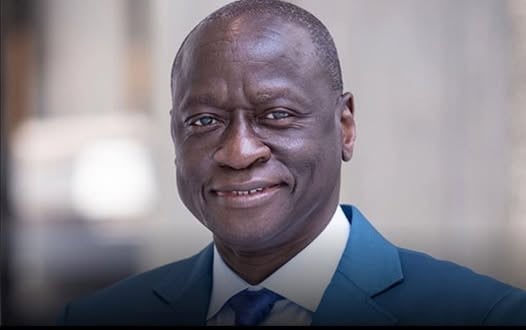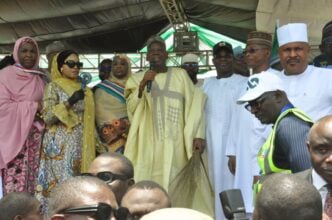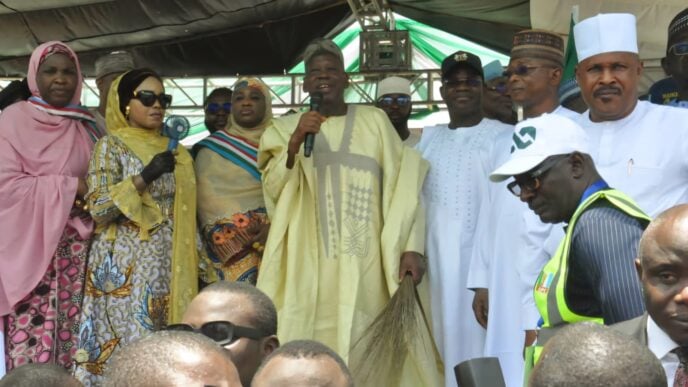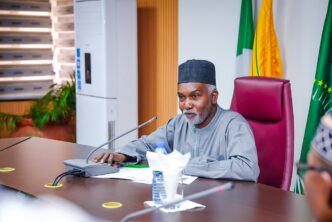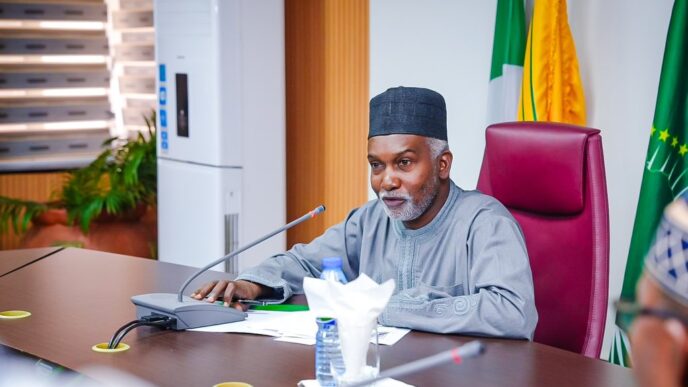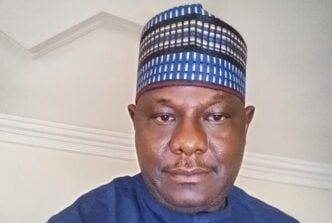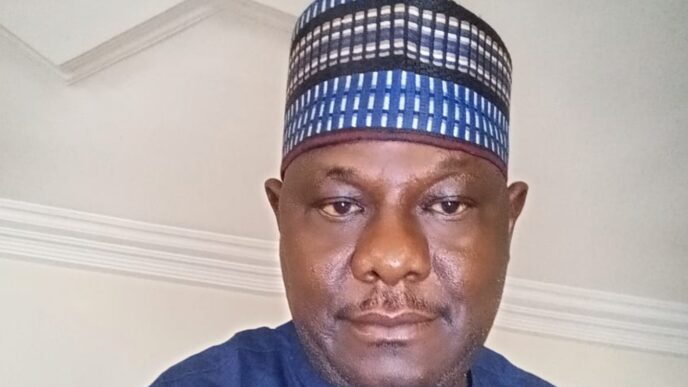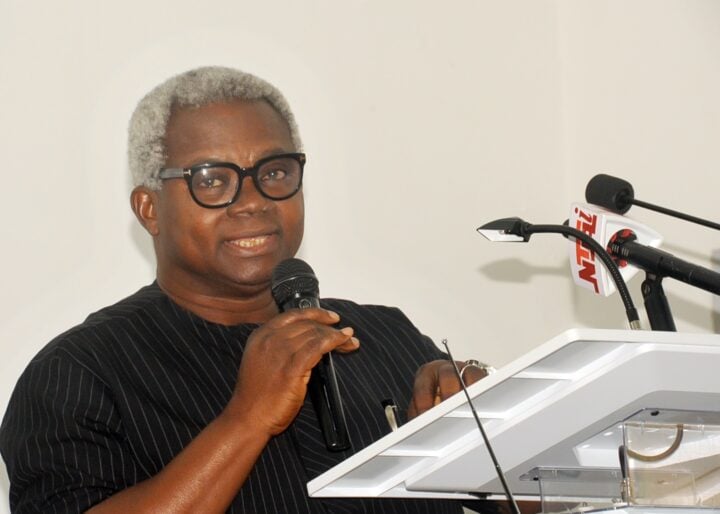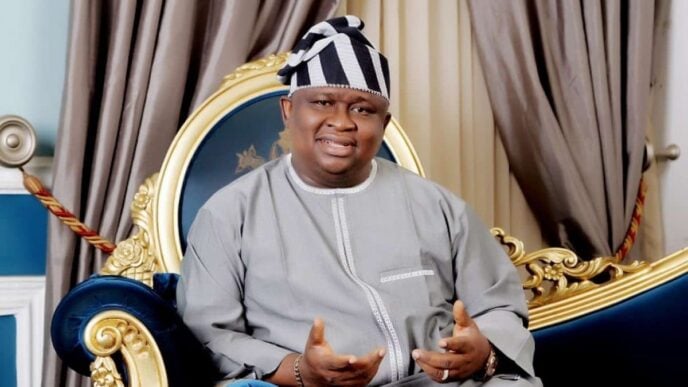Ousmane Diagana, the World Bank’s vice-president for Western and Central Africa, says Nigeria must prioritse education if it wants to catch up with its developed global counterparts.
Diagana spoke on Thursday at Baze University, Abuja, while delivering a lecture on accelerating development in Nigeria and the sub-region.
Speaking on the need for quality education, Diagana stressed the correlation between educated individuals and high-impact results.
“There are so many Nigerians across the world working for the World Bank group,” he said.
Advertisement
“Nigeria has human and natural resources. Nigeria has the most vibrant private sector in the world.”
He advised that equal opportunities in education be provided to every child, especially those in hard-to-reach areas.
Diagana noted that the World Bank has invested in the country as part of efforts to bridge the gap.
Advertisement
“Nigeria, in Africa, has by far the largest financial assistance from the World Bank—70 billion dollars, and those are more than numbers: access to school, health, energy, environmental protection, etcetera,” he said.
Diagana did not specify the time frame covered for the assistance cited.
Justifying the scale, Ndiamé Diop, World Bank country director for Nigeria, said the financing was due to the country’s inability to fully meet its needs.
“Nigeria, like every country in the world, unfortunately does not collect enough revenues to address their financing needs by one hundred percent,” Diop said.
Advertisement
“When I joined, I was shocked by the numbers, especially in human capital.
“Nigeria has some of the best talents I have seen, but at the same time, when you look at the indicators, you look at the health indicators, the education indicators, the wage indicators, maternal mortality, poverty, out-of-school children, this is not right for Nigeria because this country has the resources, the talent, and the capacity to fix that, so we’re squarely focused on fixing that.
“So because Nigeria collects less than they should spend, they have a financing need, and that financing need has to be met one way or the other.”
Diop also called for more investments from the government in education.
Advertisement
He said the World Bank sets an example by implementing a bulk of its work in partnership and consultation with academia.
Advertisement
